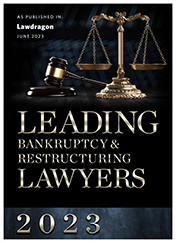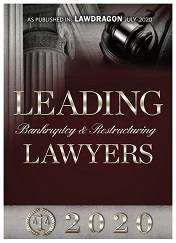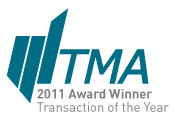Bankruptcy Newsletters
Lien and Transfer Avoidance in Connection with Marital or Family Obligations
The Bankruptcy Code contains a number of provisions empowering the trustee, the debtor, or both to avoid various types of liens and other prebankruptcy transfers of the debtor's property. The Bankruptcy Code definition of ''transfer'' includes creation of a lien. The Bankruptcy Code allows the trustee or debtor to nullify or undo prior transactions in order to promote the dual bankruptcy policies of equity among creditors and a fresh start for debtors.
Property Interests of Debtor and Other Family Members Affected by Bankruptcy Case
Analysis of the extent and nature of the bankruptcy estate is essential to determining what will happen to a debtor's property in bankruptcy, a subject that is often of enormous importance to the debtor's spouse or former spouse and to other members of the debtor's family.
Reconsideration of Claims
The Federal Rules of Bankruptcy Procedure provide that a party in interest may move for reconsideration of an order allowing or disallowing a claim against the estate and that the court after a hearing on notice should enter an appropriate order. The reconsideration of a claim cannot upset proper distributions already made to holders of other allowed claims.
Tax Claims
The treatment of tax debts in bankruptcy proceedings is an attempt to reconcile two conflicting policies. The first policy concerns the government's interest in collecting taxes. The second policy concerns the fresh start that bankruptcy is to give honest debtors. Under the Bankruptcy Code, a debtor's ability to discharge any tax debt is based upon the classification of that particular tax debt.
Treatment of Property Settlement Claims
Certain property settlements are not dischargeable in a Chapter 7, 11 or 12 bankruptcy case, but remain dischargeable in Chapter 13 cases. Support, alimony or maintenance that is incurred by the debtor in the course of a divorce or separation or in connection with a separation agreement, divorce decree or other order of a court are generally not dischargeable.






